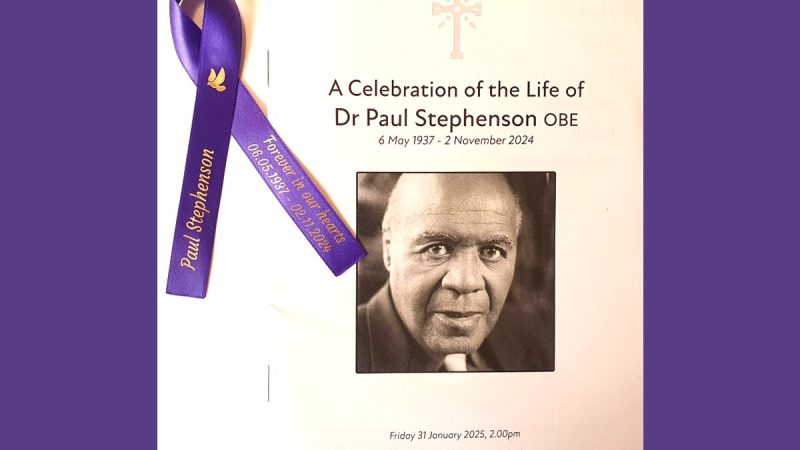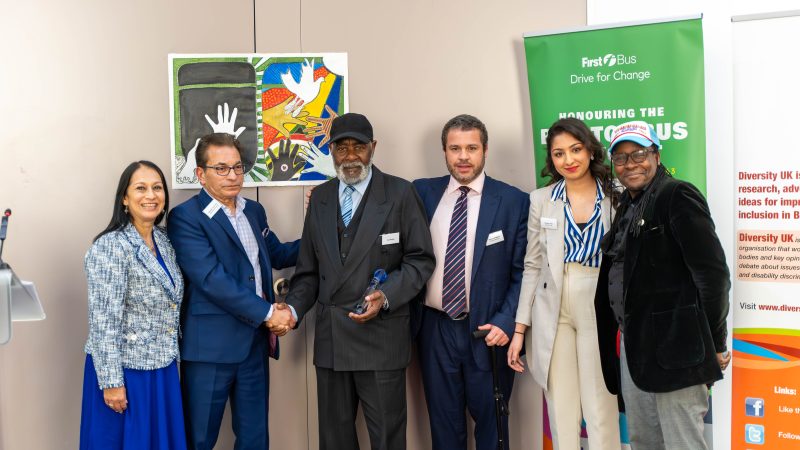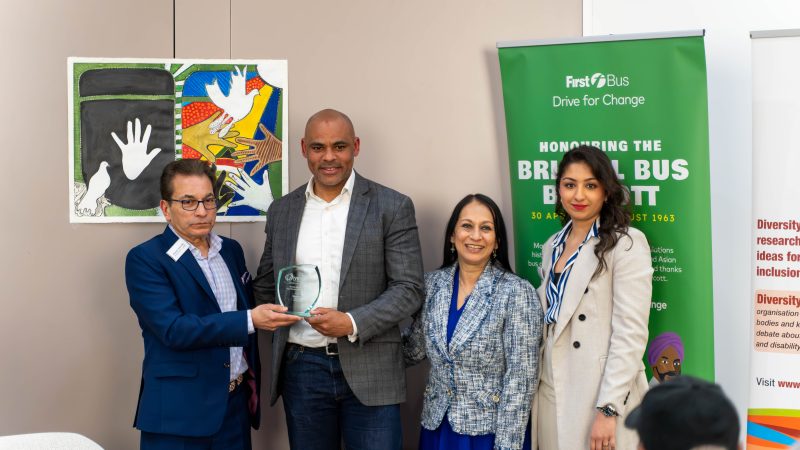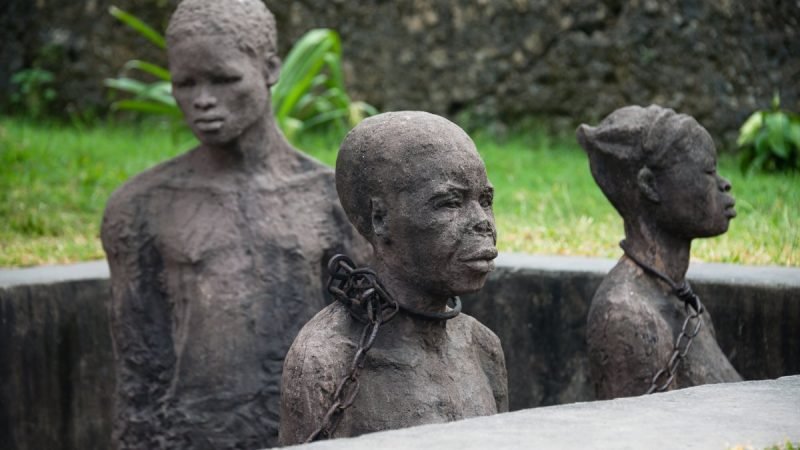Liverpool offers 30 new places for BAME students in social work

A new initiative between Liverpool Hope University and Liverpool City Council will 30 new undergraduate places for Black, Asian and Minority Ethnic (BAME) students to take up degree courses in social work and teaching from September 2021.
Professor Michael Lavalette, Head of Hope’s School of Social Sciences, explains: “There’s a marked under-representation of social workers and teachers from the BAME community in Liverpool, despite the city having a large, well-established BAME community.
“And through this partnership with Liverpool City Council, we want to open new routes into these exciting and essential careers.
“One of the ongoing problems for applicants is that demand for teaching and social work degrees often outstrips supply.
“In recent years at Liverpool Hope University we had, for example, around 450 applications each year for around 25-30 places on our three year BA in Social Work.
“But this scheme means we’ll actually be able to increase our capacity overall, as we’re able to offer 30 brand new places each year - 15 available for social work students and 15 available to trainee teachers.
“And this initiative is about breaking down barriers for those who want to make a real difference in the community.”
The initiative will see students recruited to start courses in September 2021.
There will be 15 new spaces for social work courses - either at first year level of Foundation level, with a guaranteed route from the Foundation degree into their chosen profession.
And there will be a further 15 new places for BAME applicants onto one of the many courses at Hope that offer Qualified Teacher Status (QTS)- such as a BAs in Early Years Education and Primary Education, or a Postgraduate Certificate in Education (PGCE) in Early Years, Primary or Secondary.
The BAME venture isn’t just about getting minority applicants onto courses either - they’ll be fully supported once enrolled, too.
- Students can take advantage of a professional BAME ‘mentor’ through Liverpool City Council, gaining access to a wealth of on-the-job experience.
- And students will also be supported to take pre-training ahead of their chosen courses, to ensure the smoothest possible transition.
A key driving force behind the project is Lord Mayor Anna Rothery. In September last year Councillor Rothery became the first black Lord Mayor in the history of the city of Liverpool, and is the Council lead on race inequality - and equality in general. She says this new partnership is about overhauling the existing model of education and recruitment for the BAME community in order to ‘break the perpetual cycle of perceived ‘underachievement’.
Toxteth-raised Cllr Rothery, adds: “As a city, we fare quite well in terms of the recruitment and completion of studies for BAME students, but this tends to involve students from overseas rather than local residents.
“We need local people accessing education, especially when we have great universities on our doorstep.
“I came through an ‘access to education’ programme myself - and that was a real lifeline for me, giving me the confidence to go into Higher Education.
“And this has never been about ability within the BAME community - it has always been about accessibility.
“There’s no doubt in my mind that anybody given the right alignment of opportunities and support, as I’ve been given, can achieve anything.
“It’s now about making sure we get the programmes right.”
Cllr Rothery says many BAME graduates can often become ‘eternal students’ - excelling academically but still unable to secure employment in the city. Discussing how the use of existing social workers from the BAME community as mentors for students will be crucial, Cllr Rothery says: “These mentors understand the journey, the barriers, and the challenges they faced and navigated coming through the system.
“They can guide our students through these issues.
“The one fundamental thing I’ve learned over the years is that our failure to enhance opportunities for the BAME stems from perpetually using the same model again and again.
“This new programme is an opportunity to significantly change that model.”
According to Office for National Statistics (ONS) census data from 2011, 18.6 per cent of residents in Liverpool classified themselves as ‘not White British & Irish’.
Meanwhile information from the Department for Education Schools Workforce Census 2018 show that 8.7 per cent of teachers in Liverpool are from the BAME community, while 11.7 per cent of Liverpool City Council social workers are from the BAME community.
Professor Lavalette adds: “There’s an employment gap within the city when it comes BAME social work and teaching staff, which we want to address.
“The University already has strong links with Liverpool City Council, as our students take-up work experience placements across a range of council-run institutions.
“We know this scheme is going to make a big difference.
“And we’ll ensure there are support networks in place so that any students who take up these courses are given every chance of success.”
For further information visit https://www.hope.ac.uk/




